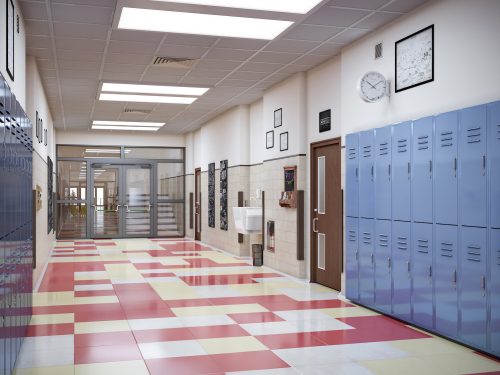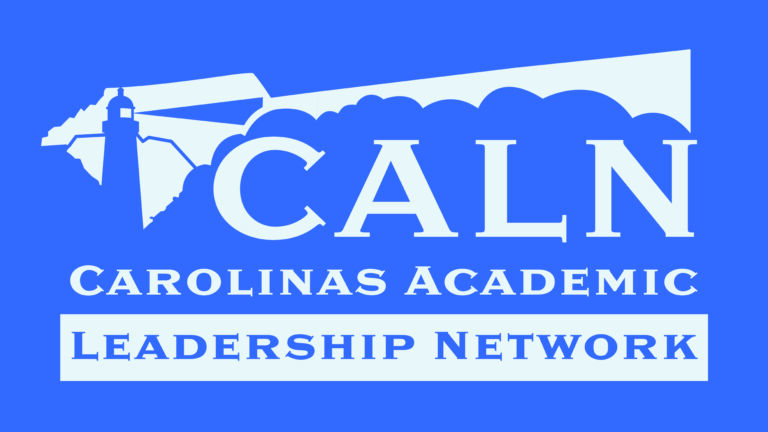McMaster’s school-choice grants program heads to South Carolina Supreme Court
PPI President and CEO Ellen Weaver is mentioned in top story article by The Center Square regarding SAFE grants
The South Carolina Supreme Court will hear arguments on the constitutionality of Gov. Henry McMaster’s Safe Access to Flexible Education (SAFE) school-choice program.
Opponents of the SAFE grant program filed a new lawsuit Tuesday evening and asked the state Supreme Court to block the program. A lower court in Orangeburg County heard the case last month and dropped the state from the lawsuit Tuesday evening, but it has not yet issued a ruling on the case as a whole.
“We support the South Carolina Supreme Court taking up this case because a prompt resolution is essential for South Carolina children,” Daniel Suhr, senior associate attorney at the Liberty Justice Center, said in a statement. “Bringing the issue before the state’s Supreme Court is an important step to ensuring this case is decided quickly so students and parents can apply for SAFE grants to pursue their educational choice this school year.”
McMaster’s SAFE grant program would provide scholarships of up to $6,500 to lower-income families struggling financially because of the COVID-19 pandemic. It is designed to allow children to remain in private schools of their choice or pursue new educational options to continue their education safely amid the pandemic.
“Remember, those parents are paying taxes for the public schools, they’ve been hurt just like others with the virus, the federal government has recognized this,” McMaster said during a news conference last week. “We think it’s perfectly legal under the state constitution.”
The program is funded with $32 million in federal CARES Act relief and would provide scholarships to about 5,000 students. McMaster launched the program last month alongside Ellen Weaver, president and CEO of the Palmetto Promise Institute, the nonprofit organization who would facilitate the SAFE program application process.
Opponents of the program quickly filed a lawsuit challenging the program on constitutional grounds, and a judge halted rollout of the program three days after McMaster launched it last month.
“We maintain that based on an overwhelming mountain of state and federal legal precedent, Governor McMaster has the ability to implement this lawful program that would give these students the opportunity to attend schools that fit their specific needs,” Weaver said in a statement.
The South Carolina constitution prohibits state money from going directly to private or religious schools. The state argues the money is not going directly to institutions but to families to be used for education.
“We will use all legal means to continue this fight for those students who deserve the education hope that SAFE Grants will provide,” Weaver said.






